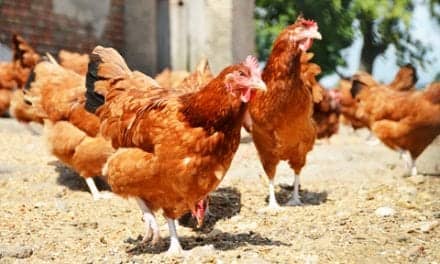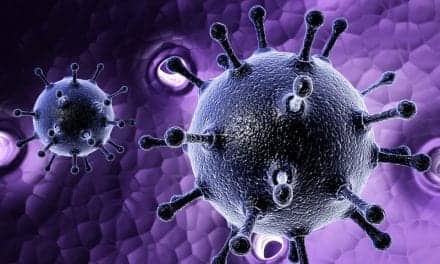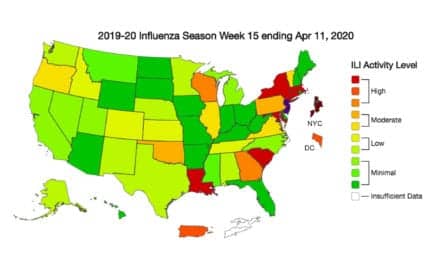Scientists from the National Institute of Allergy and Infectious Diseases (NIAID) have successfully tested a prime-boost concept in a small clinical trial with the hopes of making one dose of an inactivated H7N9 influenza vaccine fully protective.
According to a Science Daily news report, the ‘primer’ pandemic influenza vaccine introduces the immune system to H7N9 influenza virus and subsequent vaccination with the ‘booster’ inactivated virus vaccine recalls a more robust immune response. The study included 65 volunteers, 48 of which were aged 18 to 49 years and 17 who were aged 50 to 70 years.
Clinical researchers at the University of Rochester administered the vaccines and monitored volunteers and MedImmune created the live attenuated candidate H7N9 vaccine as part of a cooperative research and development agreement with NIAID. The Biomedical Advanced Research and Development Authority of the Department of Health and Human Services also supported the study.
The H7N9 clinical study was designed similar to trials with other pandemic influenza viruses. Volunteers received either one or two doses of the candidate live attenuated vaccine and then 12 weeks later received an inactivated H7N9 vaccine manufactured by Sanofi Pasteur. The Science Daily news report indicates that the live attenuated vaccine primer created strong immune memory in both age groups, regardless of whether volunteers received one or two doses, and both vaccines were well tolerated.
The researchers do not know whether the live-virus vaccine used alone would provide protection without the inactivated vaccine boost. However, the scientists do know that the live-attenuated influenza vaccines developed against H5N1, H7N7, and now H7N9 generate long-lasting immunity that is rapidly recalled by a dose of inactivated vaccine, as indicated on the Science Daily news report.
Source: Science Daily










